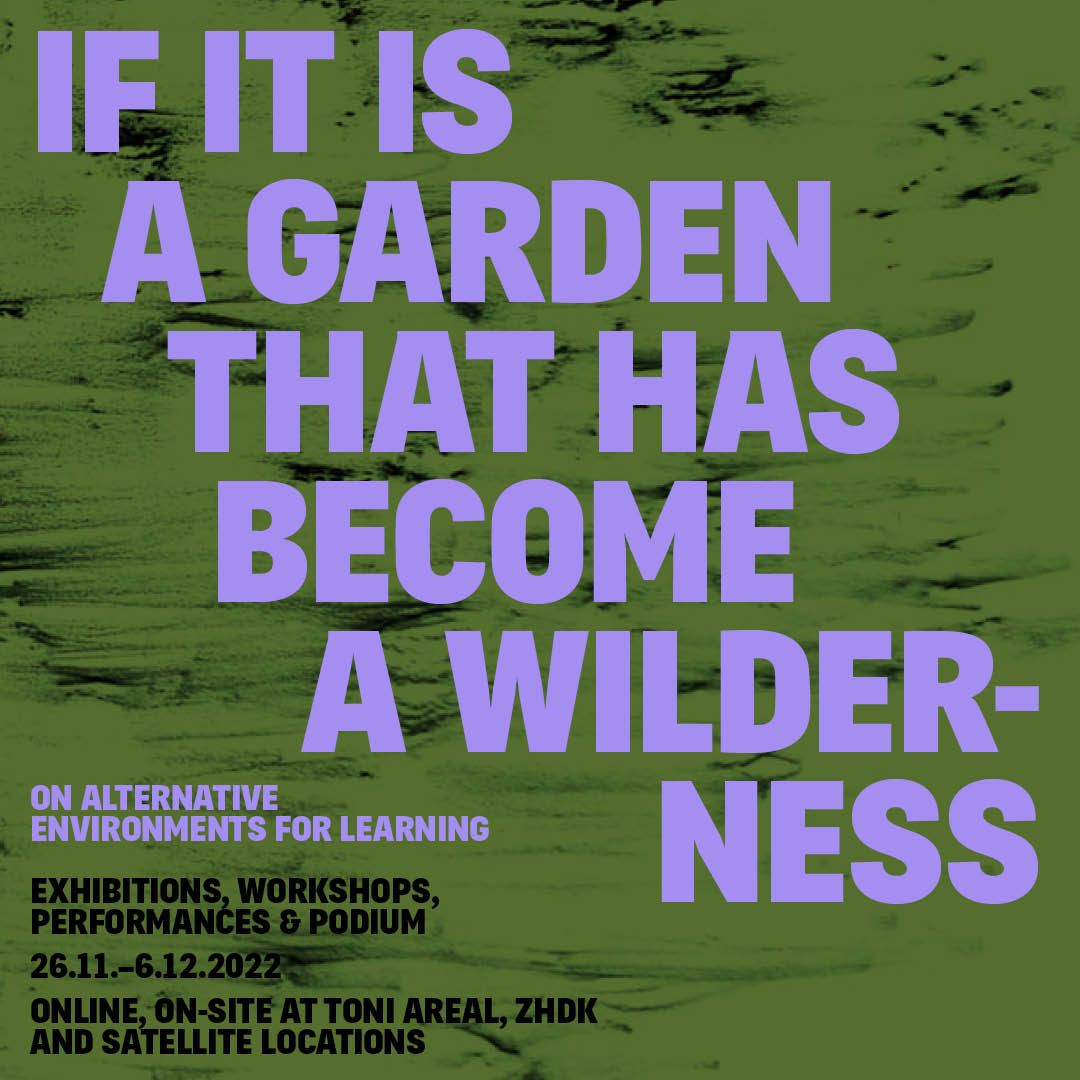This research project deals with autism. The research interest aims on the one hand to find possible ways out of stereotypical attributions about autistics and on the other hand to work out possibilities of agency for autistics. This agency is theorized and negotiated through the concept of Neuroqueerness.
Neuroqueerness is a compound word made up of the adjective “neurological”, since autism is a neurological difference, and the verb “to queer”, which represents the questioning of supposed social and cultural certainties. The thesis is that the neurological difference of neurodivergent people – in this case people with autism – is not the completely other, the extra-discursive or the incomprehensible, as it is often presented in the research literature or in stereotypical perspectives. Rather, this difference is entangled with the neurotypical world (the world of people without autism) and can touch and enrich it with new impulses and thus potentially break open and expand rigid ways of doing things. However, for this productive reception of neurological diversity and agency to become possible, education about autism and neuroqueerness is needed for neurotypicals and a conscious approach to one’s own different way of doing things for autistic people. I would like to call this conscious approach Doing Neuroqueerness.
Only about 5-12% of all employable people with autism are employed in the primary labour market. Socially, autism is still seen as something deficient or intolerable. It is worth mentioning that autism is not a disorder that needs to be cured but simply a difference. Many employers do not educate themselves on this topic and prefer to work with neurotypical people, whereas neurodivergent employees would contribute to diversity in the team and bring new impulses. People with autism in particular have a number of extremely good qualities. They are matter-of-fact, motivated by the cause, uninfluenceable, honest, creative, have high fluid intelligence and are extremely powerful cognitively. In a larger context, this project therefore also aims to contribute to the recognition of autistics and neuroqueer practices in society and especially in the labour market and to promote new possibilities of working together.
The Instagram page @doing.neuroqueerness, which is being created as part of this project, targets to mediate between autistics and neurotypicals and to enable respectful insights and connections between both neurotypes. It offers resource-oriented information, thus raising awareness about and recognition for autism and dispelling fear and stereotypes about the topic.
It is supposed to build community among autistics primarily in German speaking countries and to help engage with the topic of autism and the advantages of neuroqueer ways of thinking and acting. It also aims to encourage potential employers to provide autistic workers with the necessary workplace adaptations, as the benefits of working with autistics that are able to fulfil their potential are immense.
